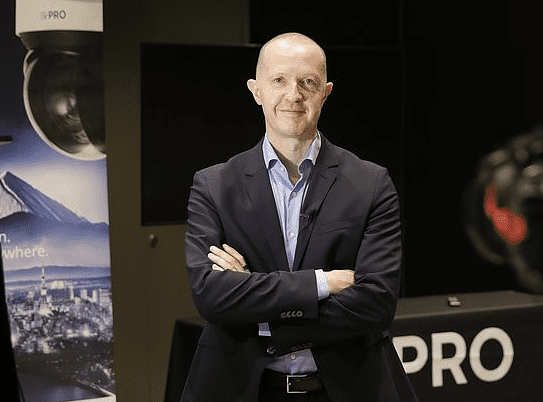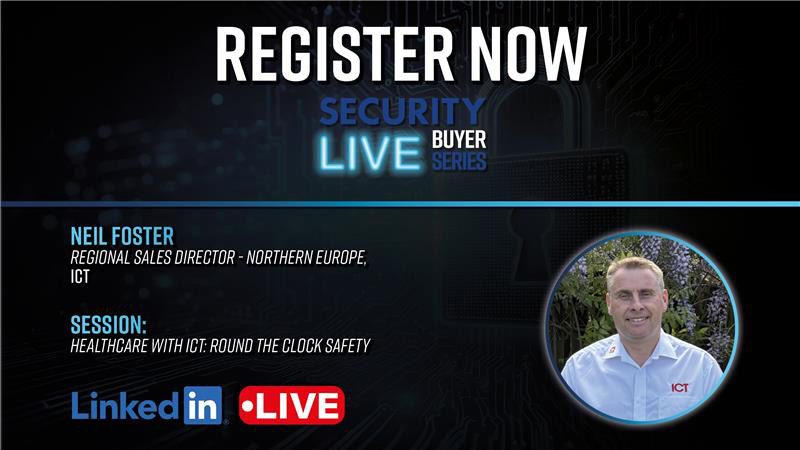
The security and fire market is buoyant at the moment, and companies are seeking to expand their operations and grow their workforce. However, this is not as simple a task as it may seem. With an array of industry specific requirements, recruitment for the sector requires a specialist, experienced hand. Eligo, which has twenty dedicated recruitment consultants sourcing jobs and candidates in a range of sectors including fire and security, is one of the market leaders in this area.
According to John Guest, Eligo Divisional Director, there is particular demand across the industry for successful business development and engineering personnel at the moment.
He said, “Candidates that have both commercial and technical skills are being particularly sought after right now. However, the security and fire industry, like many industries with a technical and engineering focus is current experiencing a skills shortage.”
Guest explains that there are four key reasons for this:
- Continuous technological development has led to increased demand for IT skills and experience, including qualifications such as CCNA, MCSE and IP networking.
- During ‘slow’ years many installation engineers have turned to subcontracting, taking themselves off the permanent market.
- Many companies have played it safe when hiring, opting for people already within the industry, leading to a lack of growth and diversity in the talent pool.
- The demand for technical graduates outweighs the supply.
However, the industry is seeing a wave of initiatives to tackle these issues. Guest highlights the 100 in 100 initiative (fronted by Skills for security & CSL Dualcom) in particular, which has seen over 1000 apprentices placed in apprenticeships within the industry. Despite this, Guest says that, as an industry, more could be done to promote fire and security as a desirable sector for graduates and college leavers to carve out a prosperous career for themselves.
Another challenge that employers in the sector have to adapt to is a fundamental change in the recruitment market itself. In 2010/11 it was very much an employers’ market, said Guest, with companies that wanted to grow being able to choose from a selection of available candidates. This is no longer the case.
“Today, we are very much in a candidate driven market,” said Guest. “This means that when a good candidate comes on the market they are generally able to secure interviews at a number of companies and choose where they want to go. Despite the obvious demand for good people within the industry, we often see employers operating as though it is still an employers’ market.”
Guest explained how Eligo helps turn this perception around, saying, “During the initial consultation with a new client we help them with their recruitment needs by always asking the same question – ‘how will you sell your company and vacancy to the candidate at interview?’ We are always surprised by how many people struggle to effectively answer this question.”
While Guest acknowledged that a company’s corporate branding should be a year round activity, he said that a key part of Eligo’s recruitment process was to encourage employers to keep their brand at the forefront even when they are not actively recruiting. He said that employers should be asking themselves several key questions, including:
- How are we different and better than our competitors?
- What is our company’s market position?
- What recent successes and achievements has the company had?
- What are the company goals, short, medium and long term?
- What are the opportunities for personal development and progression?
- What is the company’s work environment and culture?
- How competitive are the salaries and how often are they reviewed?
- What is included in the benefits package?
- Why did we join the company and why are we still here?

In the past an employer could be relatively successful using the ‘Pay and Pray’ recruitment approach, said Guest. This simply entails posting an advert via job portals and hoping to get good applications. This approach does not work in the current market.
Guest explained, “In a candidate driven market you need to engage with good people in a range of ways in order to really get to know and understand their skills, background, motivations and objectives.”
This will be Eligo’s third year exhibiting at IFSEC, and Guest said that the exhibition is a great place to do exactly this – meet with existing contacts and establish new ones with a view to understanding their real strengths and objectives, whether it be at an individual or company level
“The team will be on hand at stand B1100 to offer advice and insight into current activity within the security and fire employment market,” said Guest. “We will be available to discuss individuals’ career progression, network with companies that are currently hiring, chat about what skills are in demand, industry average salaries, and much, much more.”




















